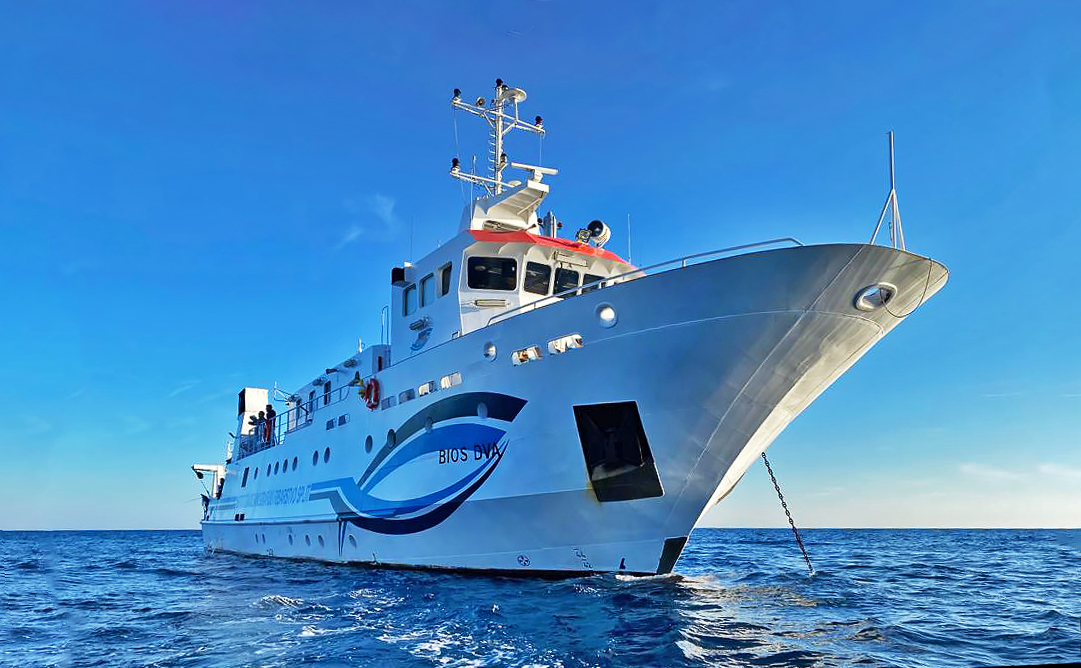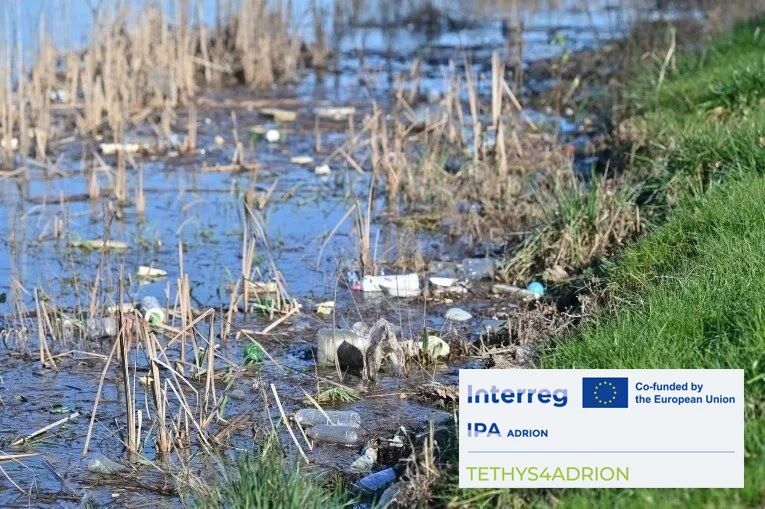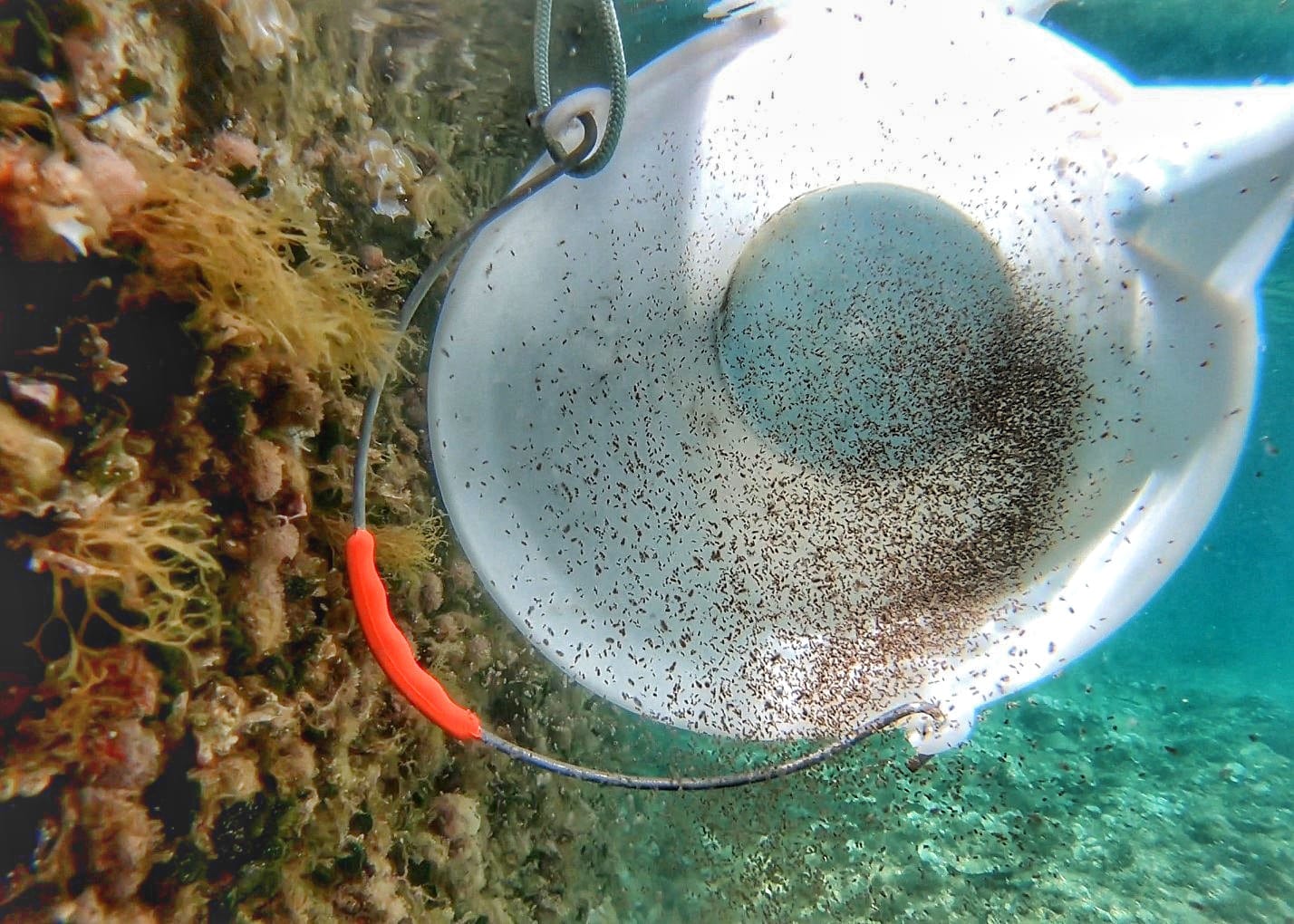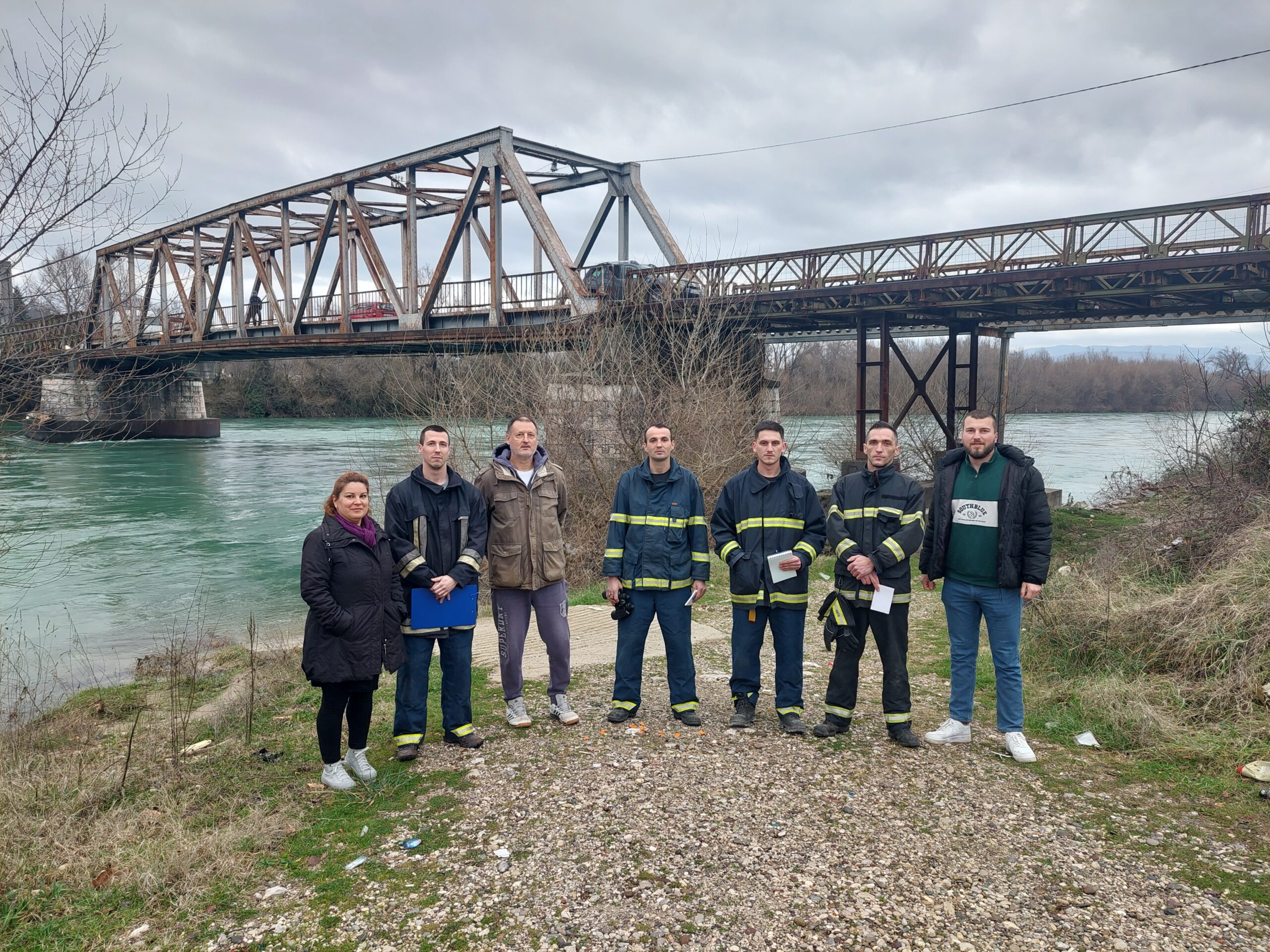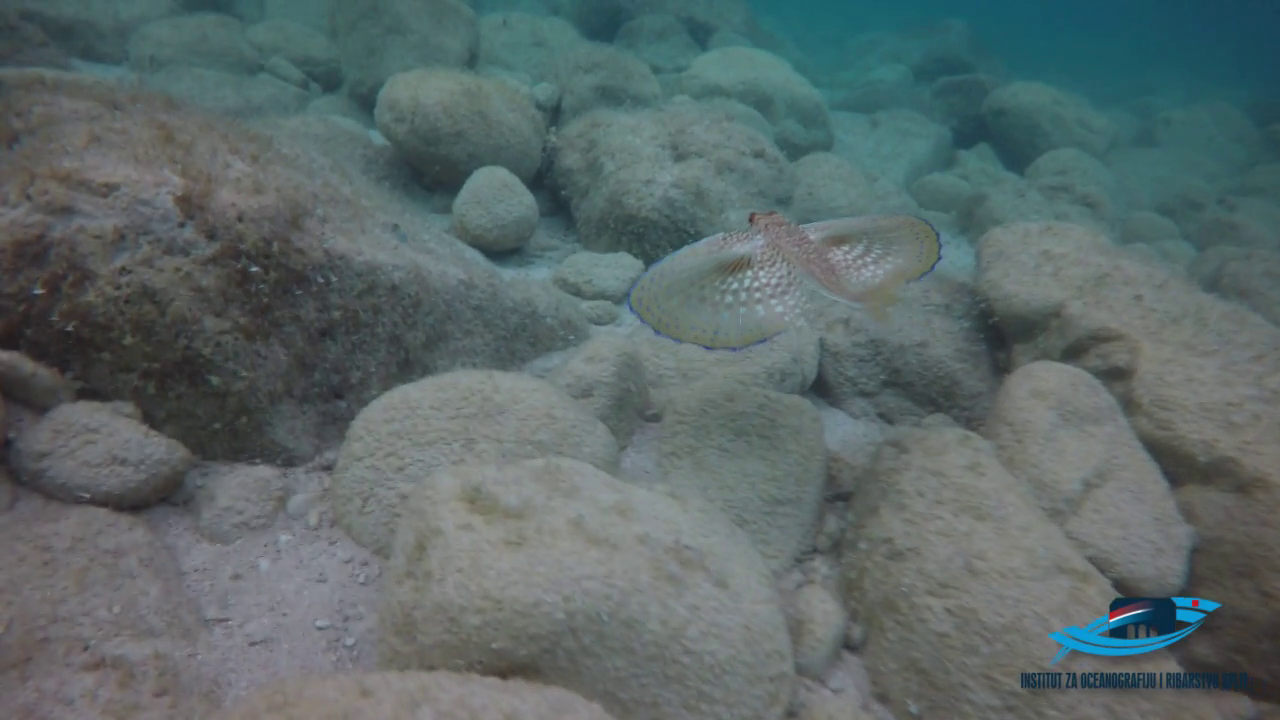Marine organisms invisible to the eye, picoplankton, play a key role in the marine ecosystem. Since these organisms are involved in all processes important for the functioning of the marine environment, their communities in the Adriatic Sea have been intensively studied in recent decades.
Previous studies have shown how quickly these tiny creatures respond to changes in the environment, especially when temperatures rise. However, we also know that a change in salinity in the sea can have negative effects on the picoplankton community, especially in areas with nutrient deficiencies.
Previous research focused mainly on individual groups of picoplankton under specific conditions, but our team of scientists went a step further. In the ADRISAAF (HRZZ) project, they combined all modern laboratory methods to gain a comprehensive insight into the picoplankton community under natural conditions in the Adriatic Sea.
For the first time, our scientists have provided a detailed insight into the seasonal and spatial changes in the abundance of the main bacterial groups and the diversity of archaeal and bacterial organisms, taking into account the influence of salinity, temperature, and nutrients.
The research results were published in the prestigious journal Nature Scientific Reports and can be accessed at the following link: https://www.nature.com/articles/s41598-023-34704-9
By unraveling the mysteries of picoplankton communities, we will continue to contribute to the understanding and conservation of the precious marine environment.
